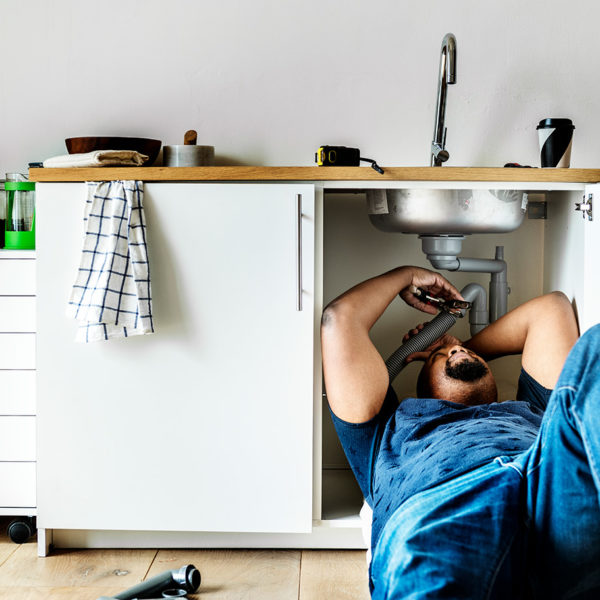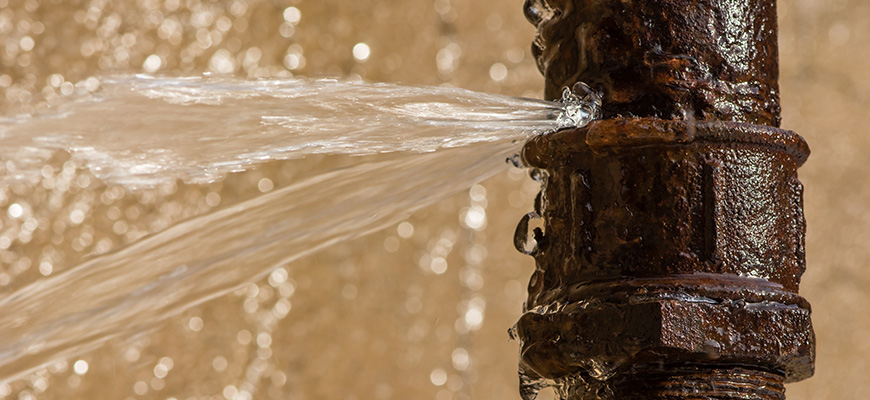There are many myths and misconceptions surrounding plumbing, and it can be difficult to know what is true and what is not. To help clear up some of the confusion, here are some common plumbing myths debunked:
Myth #1: “Pouring grease down the drain is fine as long as I run hot water with it.”
Fact: Pouring grease down the drain is a common mistake that can lead to serious plumbing problems. While hot water may help to melt the grease initially, it will eventually solidify and clog your pipes. To avoid clogs, it is best to dispose of grease in the trash rather than pouring it down the drain.
Myth #2: “A plumbing snake is a one-time fix for a clogged drain.”
Fact: While a plumbing snake can be an effective tool for clearing a clogged drain, it is not a permanent solution. If you have a recurring clog, it is important to identify the root cause and address it to prevent future problems. A professional plumber can help to diagnose the issue and recommend the best course of action.
Myth #3: “It is safe to use chemical drain cleaners on all types of pipes.”
Fact: Chemical drain cleaners can be harsh and corrosive, and they are not safe for use on all types of pipes. These products can damage certain types of pipes, such as PVC, and they can also be harmful to the environment. It is always a good idea to consult with a professional before using chemical drain cleaners and to consider alternative methods, such as a plumbing snake or a natural enzyme cleaner.
Myth #4: “A slow drain is always caused by a clog.”
Fact: While a clog is a common cause of a slow drain, it is not the only possible cause. Other factors, such as a damaged pipe or a misaligned pipe, can also contribute to a slow drain. A professional plumber can help to diagnose the issue and recommend the appropriate course of action.
Myth #5: “A dripping faucet is just a minor annoyance and not a big deal.”
Fact: A dripping faucet may seem like a minor issue, but it can actually be a significant waste of water and money. A dripping faucet can waste hundreds of gallons of water per year, which can add up to a significant increase in your water bill. Additionally, a dripping faucet can be a sign of a larger problem, such as a damaged valve or pipe. It is important to address a dripping faucet as soon as possible to prevent further damage and save water and money.
In conclusion, it is important to separate fact from fiction when it comes to plumbing myths. By understanding the truth behind common misconceptions, you can make informed decisions about your plumbing and avoid costly mistakes. If you have any concerns about your plumbing, it is always a good idea to consult with a professional plumber for expert advice and assistance.


